
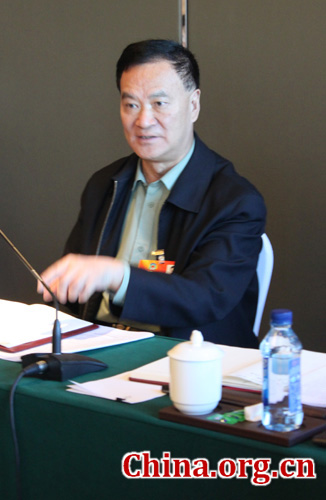 |
| Qian Lihua, a CPPCC National Committee member and former director-general of the Foreign Affairs Office of the Ministry of National Defense. (Wang Wei/China.org.cn) |
BEIJING, March 8 (Xinhuanet) -- With frequent mistakes on the Diaoyu Islands issue, the U.S. has fostered Japan to keep challenging the limits of China's tolerance, said Qian Lihua, a CPPCC National Committee member and former director-general of the Foreign Affairs Office of the Ministry of National Defense.
The U.S. has been playing a shameful role in the development of Sino-U.S. relations, he said.
In a phone call on Feb. 3, new U.S. Secretary of State John Kerry reaffirmed with Japanese Foreign Minister Fumio Kishida that the Diaoyu Islands in the East China Sea fall under the Japan-U.S. security treaty. His predecessor, Hillary Clinton, had also claimed that the Diaoyu Islands are included in the purview of this bilateral security pact.
However, both of them "took no position" on the topic of ultimate sovereignty over the Diaoyu Islands.
Taking neither side in the territorial dispute in public, the U.S. seems to urge China and Japan to resolve the issue through peaceful negotiations, but actually takes the position of political partiality to Japan, Qian argued.
Returning to the history of the Diaoyu Islands, China recovered the territory that had been invaded and occupied by Japan, including Taiwan and its surrounding islands, in accordance with the Cairo Declaration and the Potsdam Proclamation at the conclusion of the World War II. But in 1971, the U.S. signed the Okinawa Reversion Agreement with Japan to return the Ryukyu Islands (known to the Japanese as Okinawa), which had been placed under U.S. trusteeship by the Treaty of San Francisco. The 1971 agreement arbitrarily expanded the jurisdiction of the Ryukyu Islands to include the Diaoyu Islands, which were part of the island of Taiwan. The Japanese government now takes the Okinawa Reversion Agreement as evidence to justify its claim to the Diaoyu Islands. China has firmly opposed this so-called backroom deal between Japan and the U.S.
"A series of such mistakes made by the U.S. have led to Japan's challenge of the limits of China's tolerance," Qian emphasized.
In order to forge more negotiations between China and Japan, the U.S. should correct its mistakes and not support, or take sides with, Japan on the Diaoyu Islands issue, he said.
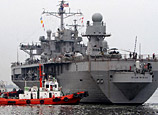

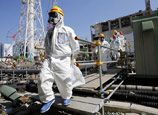


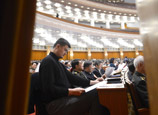


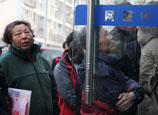
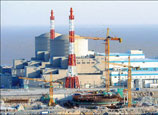






 Hot weather in Chongqing, Beijing vs. Spring snow hits Urumqi
Hot weather in Chongqing, Beijing vs. Spring snow hits Urumqi


![]()
